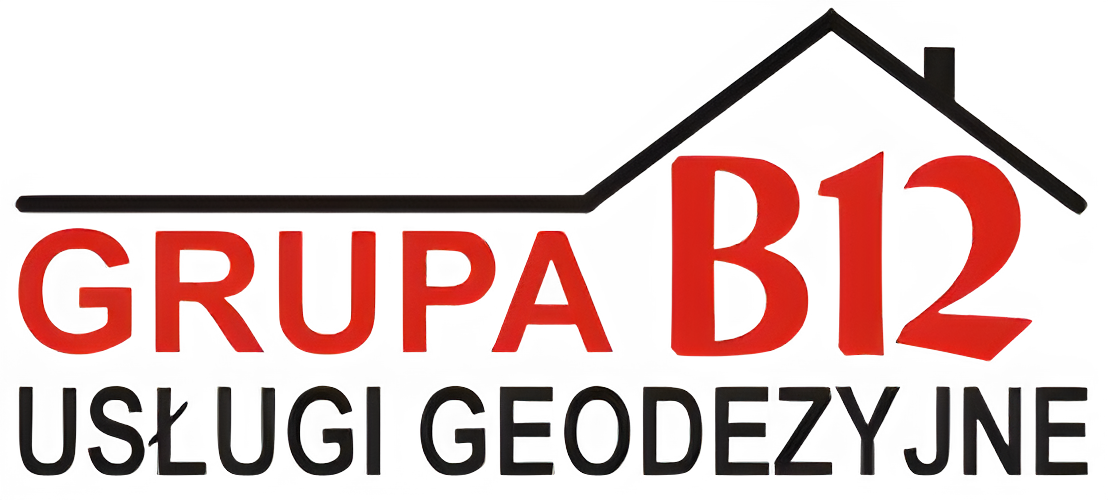A root trigger evaluation enables teams to treatment data quality issues quickly and effectively. Data governance serves as the define data quality overarching framework that guides and governs data-related actions within a corporation. Information high quality is a critical aspect of knowledge governance, because it also focuses on guaranteeing the scale of knowledge quality listed above.
Of similar mind to Wan is Kjell Carlsson, head of AI technique at Domino Information Lab. He says that enterprise leaders must “dramatically rethink” data quality when it comes to AI. This is as a end result of efforts to scrub, normalize and standardize knowledge for one AI use case can simply take away alerts and make it useless for others. All of which measures (and more) go some way in the course of enabling us to say whether we’re coping with high-quality data, or not. Your New MVP for Productivity and Profit The introduction of AI brokers into the business landscape in 2025 marks a model new era of transformative progress for organizations.

Research indicates that low-code/no-code adoption will develop by 30% in the subsequent 24 months, enabling broader access to AI-driven insights and information automation. Many industries are subject to strict regulatory requirements relating to knowledge handling, together with GDPR (General Data Safety Regulation) and HIPAA (Health Insurance Coverage Portability and Accountability Act). This system quantifies high quality by assigning scores to particular person information factors or datasets. A weighted scoring model combines the person scores into an overall high quality rating, serving to you pinpoint problem areas.
- At its core, information quality is about guaranteeing that data meets the wants and expectations of its customers.
- Ensuring high data quality requires a systematic approach that integrates know-how, governance, and best practices.
- This is often a preliminary measure for corporations who use current knowledge but wish to have a knowledge quality administration approach.
- In fact, the problem is such a concern that corporations are beginning to set up a knowledge governance group whose sole function within the company is to be answerable for knowledge quality.
Lack Of Governance
Many of those tools now include augmented data high quality functions that automate tasks and procedures, typically through the utilization of machine studying and different AI technologies. Most instruments additionally embrace centralized consoles or portals for performing management duties. For example, users may have the flexibility to create information handling rules, establish data relationships or automate knowledge transformations through the central interface.
Untrusted Knowledge Sources
Issues with information high quality do not solely arise from incorrect knowledge; inconsistent data is a problem as nicely. Eliminating information shadow systems and centralizing knowledge in a warehouse is certainly one of the initiatives a company can take to ensure knowledge consistency. On the one hand, businesses and customers have to belief the data they process and use. Alternatively, overlaying each potential avenue where DQ fails just isn’t feasible.
Extra particularly, data quality administration is a set of processes designed to improve knowledge quality with the objective of actionably reaching pre-defined business outcomes. In today’s data-driven world, data high quality has turn out to be an indispensable factor in guaranteeing the success of any analytical or decision-making course of. High-quality data is essential for deriving accurate insights and making informed choices, and is a important component https://www.globalcloudteam.com/ of data management. This article delves into the importance of data quality, the varied elements that outline it, and methods to enhance it. In many organizations, analysts, engineers and data quality managers are the primary folks answerable for fixing data errors and addressing different information high quality issues. It encompasses a number of dimensions that collectively decide how nicely data can serve its intended purpose.

Improves Operational Efficiency
Options like automated tagging, duplicate removal, and content material curation eliminate human errors and streamline your workflow (without manual high quality checks). Knowledge integrity focuses on the reliability and trustworthiness of data throughout its lifecycle. It entails maintaining the data’s accuracy, structure, and consistency as it is created, saved, and transmitted. If your data persistently proves to be unreliable over time, belief will inevitably decline. And it is a delicate asset that can take considerable effort to (re)build and preserve, but it can be rapidly eroded by knowledge inconsistencies or inaccuracies. As data practitioners, we all know that without belief, the complete knowledge infrastructure and decision-making processes are weak to failure—much like a citadel without its defenses.
Whereas information cleansing overlaps with Information Quality, they don’t imply the identical. Knowledge cleaning defines the automation of making ready a system’s data for evaluation by removing inaccuracies or errors. Whereas Wang-Strong provides valuable insights into data consumers’ expectations round DQ, these might be expanded to incorporate these of information producers, administrators, and others who also have a stake in DQ. So, all possible DQ descriptions and dimensions can develop exponentially, potentially overwhelming the reader. For APPLY CHANGES FROM SNAPSHOT processing, the default conduct is to insert a brand new row when an identical report with the same key(s) does not exist in the target.
Whereas this reduces latency and improves real-time decision-making, it complicates data quality administration. Data collected at the edge can vary in format, completeness, or accuracy, making integration with central techniques a challenge. Correct and dependable information is the cornerstone of efficient decision-making. When knowledge high quality is high, organizations can trust the insights and predictions derived from their data analysis processes. This belief translates into higher strategic choices, optimized operations, and improved enterprise outcomes. Information high quality is essential because it directly impacts the effectiveness of decision-making processes.
High-quality data ensures that businesses can make informed selections, optimize operations, and improve customer experiences. Poor knowledge quality, then again, can lead to operational inefficiencies, monetary losses, and misguided strategies. For this reason, many organizations use a data quality resolution or product to boost the worth of their information. Automated, real-time monitoring is a valuable component in data high quality management. HEAVY.AI provides real-time monitoring and analytics for thorough information high quality assessments.
It fosters accountability, improves threat oversight and ensures uninterrupted operations. Merely put, knowledge quality refers to how nicely suited a selected dataset is for its intended purpose or use case. High-quality information is complete, accurate, consistent, obtainable, usable and safe. Data profiling, then again, focuses on the process of reviewing and cleansing knowledge to maintain data high quality standards within a company. One of Singapore’s main financial Static Code Analysis services and insurance coverage firms, AIA Singapore deployed Informatica Information High Quality to profile its data, observe key efficiency indicators (KPIs) and perform remediation. Higher-quality data creates a deeper understanding of buyer info and other critical enterprise data, which in flip helps the agency optimize sales, decision-making and operational costs.
